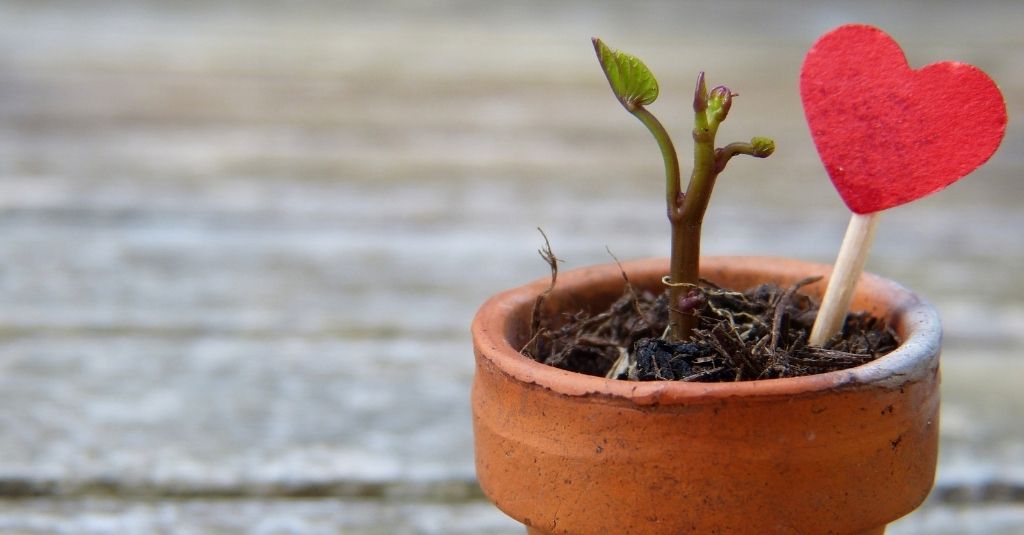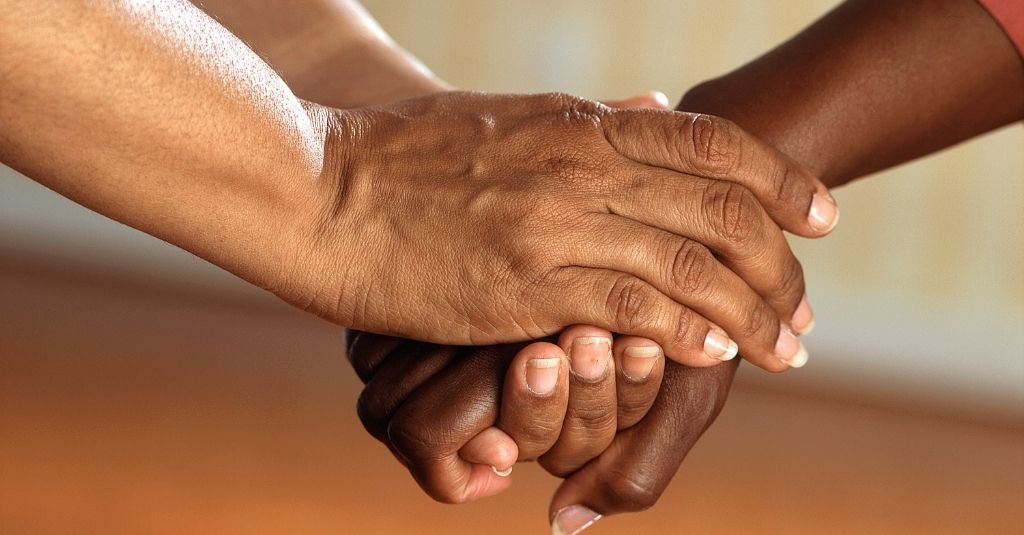Resilience. The capacity to recover quickly from difficult events, situations.
Resilience, optimism, and courage are part of the foundation of living your best life. Of bouncing back from sadness, loss, disappointment, and trauma. We can learn to be resilient, it takes time and self-compassion, and trust in yourself that you can handle it.
 A personal example of resilience: I was bullied in the workplace for two decades, now I had a choice to give up and allow that anger, resentment, and pain to swallow me up, become all-consuming and destroy life or stand up, speak up and fight back. The choice was to trust my voice and get up, stand up, and speak up. It feels empowering. The journey of course continues.
A personal example of resilience: I was bullied in the workplace for two decades, now I had a choice to give up and allow that anger, resentment, and pain to swallow me up, become all-consuming and destroy life or stand up, speak up and fight back. The choice was to trust my voice and get up, stand up, and speak up. It feels empowering. The journey of course continues.
Think of a time when you felt like giving up and yet made the choice to keep going. We are stronger than we often think, each of us has the ability to be resilient. Ask yourself am I resilient? Why or why not?
Everyone at some point in life will fail. Getting out of our comfort zone there is always anxiety or fear. Life begins at the end of one comfort zone and the beginning of another. The first time I made my now famous butter tarts the pastry was hard as a rock and my grandma had to use a knife and fork to cut the pastry. Practice, practice, and more practice, to improve.
Humour is part of building resilience. Not taking life so seriously. During times of stress use humor to help alleviate some of the angst. Laughter releases those feel-good hormones. Can you remember something from your own life that years later still makes you laugh? Search out funny videos on the internet.
The term resilience of spirit is heard a lot in recent days. People who have overcome incredible challenges. For example COVID patients, front-line workers, people who are lost in the forest for days and survive, war, trauma, the Holocaust. What does it mean to you?
How do we become resilient? How do we deal with the long term life with COVID? From the article by Katherine King, Psy.D in Psychology Today ‘Seven Skills of Resilience’
“With all of this going on, the possibilities for individual and societal trauma are quite high. Thankfully, past research has discovered a variety of effective tools that people can use to maximize their own resiliency during hardship. This article will describe seven such strategies that we can utilize even in the midst of social distancing or sheltering in place.”
Principle 1: Cultivate a Belief in Your Ability to Cope
When we’re going through hard times like we are right now, it’s easy to get overwhelmed, feel helpless, and start to wonder how on earth we’re going to get by. It’s important to validate these concerns.
Acknowledging, validating our feelings, and not pretending they don’t exist helps us from spiraling out of emotional control. Managing our fear instead of drowning in it. Reassure yourself that ‘you are going to be okay, it is okay to feel fear, that you can through this.’ Learn about your own self-care tools and strategies you have used in life during other difficult periods.
Principle 2: Stay Connected With Sources of Support
This is not the time to say “I don’t have the time” to be in touch with friends, loved ones, and other supportive people in your life. This is the time to double down on these connections. If you are busy, it might mean sending short text messages or scheduling a 10-minute phone call on one of your breaks.
Let’s face it we are hard-wired for social connections. Take time to connect with people, phone, emails, and texts. A little effort can go a long way in someone’s life. Reach out to family and friends. Seek out positive supports if needed. Remember you are not alone.
Principle 3: Talk About What You’re Going Through
You don’t have to talk a lot or often, but I promise you that it does not work in the long run if you bottle things up and say “I’ll deal with it later.” We need to work on processing what we’re going through at least somewhat in real-time.
Manage your emotions or they will manage you. If you keep your feelings stuck inside what you repress you are going to express. Boom! Like a volcano that vents we need to share our feelings in a safe space with people who are going to be supportive. Be mindful of your own triggers.
Principle 4: Be Helpful to Others
It can be very rewarding and empowering to help other people during hard times. When we see that we can make a difference and reduce someone else’s pain, it reduces our own feelings of helplessness. It enhances our sense of control and efficacy in the world, which helps protect us from feeling overwhelmed.
There is a difference between helpful and a doormat. Set some boundaries on how much time you can emotionally and physically donate to others. There is a wonderful feeling of being helpful and still feeling emotionally recharged. Find your own balance. And yes learn to say ‘no’.
Principle 5: Activate Positive Emotion
It is so easy to get overwhelmed with the challenges the world is facing right now, but we can’t stay there or else we will drown in it. We need to actively cultivate positive emotions as an antidote. Find things that make you laugh, and commit to watching, following, and connecting with whichever of these sources most amuse you right now.
For me, this is an easy one. I love to laugh, I look for funny things in life. Start your day with a giggle. Watch funny movies or Youtube videos. There are millions of ways to find the funny side of life. I have positive affirmations around the house, ‘wake up with happy thoughts’. Think of ways to keep that happy, positive candle burning.
Principle 6: Cultivate an Attitude of Survivorship
We need these affirming messages that we have the strength we need to get through this hardship. The more we focus on feelings of helplessness, the more we will feel victimized. The more we focus on being survivors, the most we will activate our inner strength and create a narrative that we can proudly carry into life after the pandemic. It may help to connect to other survivors who you know and respect and imagine cultivating their qualities.
Each of us reacts and responds to life events based on our life lens or map of reality. Often our parents, caregivers did not have effective coping skills. As adults, we can re-learn better healthier patterns of behavior and coping skills. Seek out inspiring people, stories, who you think ‘made it’ who survived the impossible, what did they do? We can always learn something from these events of survival.
Principle 7: Seek Meaning
Whatever your belief systems are – or aren’t – you can still find a sense of meaning in all of the hardship we are enduring right now. Start by considering existing beliefs and sources of meaning you have. You might believe something like, “I can learn something from everything” or “God doesn’t give us more than we can handle.” You might believe that what matters most is how you treat others and connect to a deep personal sense of the value of family.
For instance, if you believe that there’s a lesson in everything, you might brainstorm how you are currently learning to be more patient, how to spend less, or how precious life is.
Another simple practice is to read or re-read something meaningful or inspiring to you each day
Religion is a deeply personal experience. It is important to avoid judgment on how people seek meaning in their suffering. Everyone has their own opinion on God and religion. For me, I know that I am not alone in my suffering and have found meaning for the trauma in life. The key is to take lessons and not pain. Finding meaning can be empowering.
These are a few ideas for being resilient. Yes, you can overcome obstacles today and every day. The hope is to keep the conversation going on mental health, having self-care tools and strategies, stay positive, and never give up on yourself. Seek out professional assistance if needed.
Resilience, Optimism, and Courage it is in you!


